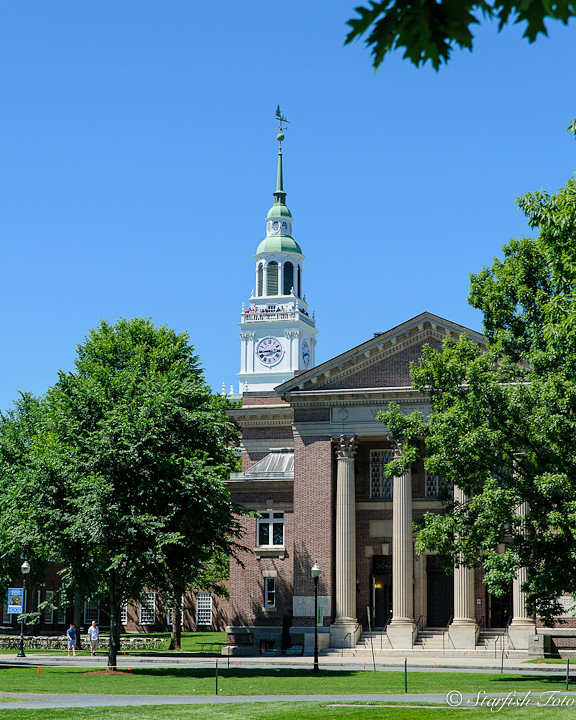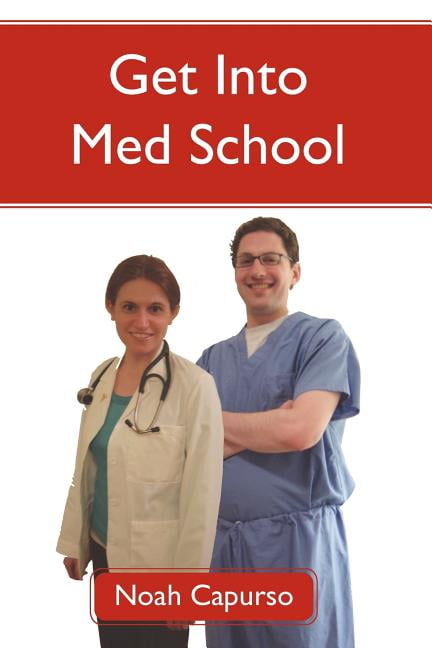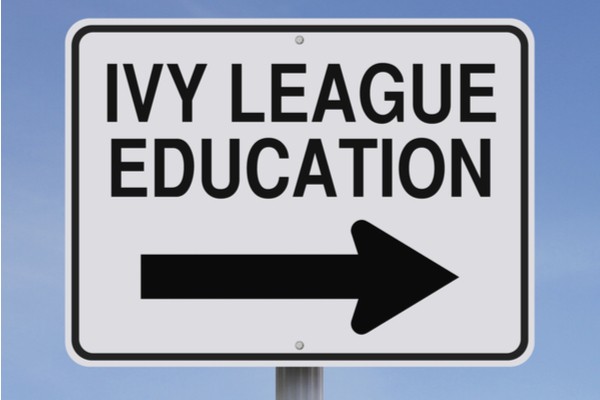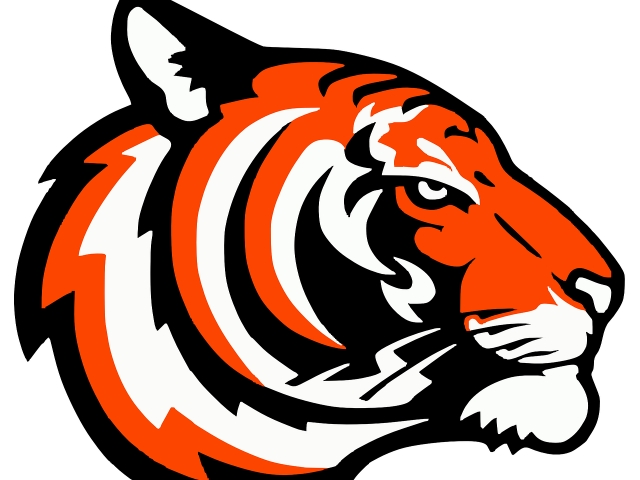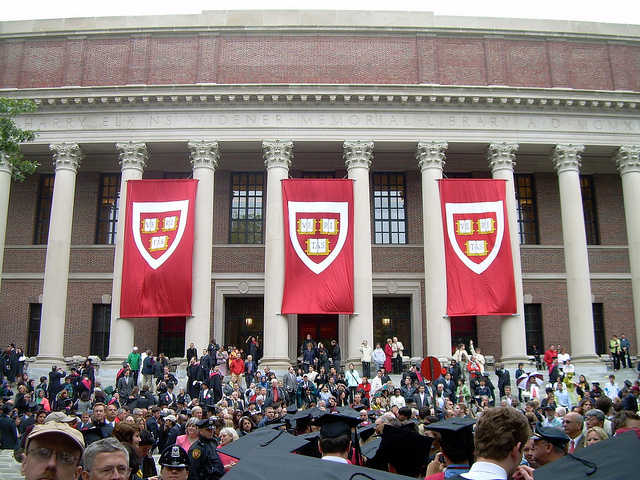Despite the ever-increasing cost of a college education, there remains a common misconception that Ivy League schools such as Harvard and Yale offer the best premed programs. Of course, many people want to go to an Ivy League school, but that doesn't always mean they'll get the best pre med experience. The reality is that for pre med students, each school has its own unique culture and learning environment and therefore offers different opportunities and experiences. Because the admissions criteria remain daunting even for top students, you must choose your undergraduate school wisely if you wish to be admitted into the best medical school program in US. Want to know more about best pre med schools, ivy league medical schools, or get a detailed info on the topic? CollegeLearners is the best place to find fast and relevant information you need.
You will always find useful answers, no matter if you are a student in the USA or not. Lastly, don't assume private universities are the only places you can prepare for medical school. The University of Washington in Seattle has one of the best medical schools in the world, particularly in primary care, and undergraduates at UW benefit greatly. Although pre-med majors are rare, many universities offer robust pre-med advising for students intending to apply for medical and health careers. Vanderbilt University is located in Nashville, Tennessee, and is one of the best non ivy league schools for pre med programs with a truckload of resources to assist students in entering the best medical school.
The acceptance rate is pretty tight at 10% but if you have an SAT score between 1450 – 1560 or an ACT score between 33 – 35 then you stand a chance of being accepted into the premed. With a top-15 med school, Northwestern offers lots of research and clinical opportunities. Unfortunately, there's no available info on pre-med acceptance rates to medical schools for students at Northwestern. However, Northwestern does publish a list of medical schools that its graduates have been admitted to in the past five years, which includes top programs like Harvard's and Columbia's medical schools.
Rice University is one of the best non ivy league schools for pre med located in Houston, Texas, and one of the best universities in Texas. It offers a premed track program to effectively and efficiently prepare students for the next phase of their medical journey. The acceptance rate is 8.7% and if you have an SAT score between 1470 – 1560 or an ACT score between 33 – 35 then you could get admitted into the premed program. And ranking on our list of best non ivy league schools for pre med, Georgetown University delivers quality premed education for students to realize their dreams in the medical field. The acceptance rate here is 17% and you will need an SAT score of 1370 to 1530 or an Act of 31 – 34 to be accepted into the program track.
Amherst has an open curriculum as well, so it's another college especially well-suited for pre-med students wanting to major in a non-STEM subject. Beyond that, Amherst is a strong choice as a liberal arts college. Due to its smaller enrollment and emphasis on undergraduate education, students will be able to get to know their professors, leading to stronger mentorship and standout letters of recommendation.
Good Ivy League Medical School You will also have access to pre-med advisors who are invested in your success. The medical school acceptance rate is 75-80%, though this rate increases to over 90% when you include re-applicants. There are many ivy league medical schools requirements that go into consideration when choosing which college or university to attend for your pre-medical education.
In addition to financial factors and geographic location, how well the school ranks is also a consideration. As of 2018, Brown students had an 85% med school acceptance rate. Brown's Health Careers Advising offers plenty of resources to get experience in the medical field, such as clinical experience and volunteer opportunities. It goes without saying that understanding your school's standing internationally is imperative, such as the ivy league medical school which is ranked amongst the best in the world. Understanding the requirements for medical schools and the role undergraduate programs play in those requirements may be crucial to you ending up where you want to go. In this post, we'll note the most important considerations for high school students considering med school, as well as some of the top colleges and universities for pre-med students.
The University of Pennsylvania is one of the best know Ivy League schools in the United States. Penn has a reputation for being one of the highest ranked universities for a number of majors. They have a strong science program including majors in biology and chemistry. In addition, their career services offer a number of resources for pre-medical students including seminars, counseling and guest lectures.
Penn is also located near several large medical centers, which may present many opportunities to shadow physicians or volunteer. Medical school admissions consultingto individuals applying to medical school and PA school programs. IMA is here to provide the tools you need to help further your career and expand your opportunities in healthcare. Premed schools are higher education institutions in the United States that provide an educational route for undergraduate students interested in becoming medical students.
Pre-med education, volunteer activities, clinical experience, research, and the application process are all part of the process of preparing a student for medical school. There are over 400 accredited medical schools in the United States. Most of them are part of an undergraduate college or university. As you begin your search, it is important to know what defines an Ivy League school for premed. Here you will find information about Ivy League Schools for Pre Med, ranking, acceptance rates, application processes, medical school curriculum and more. According to the Ivy League medical schools' profiles, recommendation letters play a vital role in their decision-making process.
That is, if the school you're applying to has a minimum of 3 letters and a maximum of 6, aim to have more than 3 letters. Though most schools require letters from science and non-science faculty, letters from other writers are highly encouraged. If you have substantial research experience, one of your letters must be written by the head of your research project or your principal investigator . If you have been involved in clinical practice or shadowing, make sure your supervisor writes you a glowing reference. Other writers may include non-medical work and volunteer supervisors, employers, colleagues, athletics coaches, and so on.
Your experiences and commitments will often determine who you choose to write your letters. Most Ivy League schools request individual letters but if your school provides its premed students with a committee letter, you should definitely get a letter from your premed committee. Your medical school recommendation letters can really boost your candidacy by providing an objective, external evaluation of your character, abilities, and accomplishments.
As I stated previously, shadowing is not required, but highly recommended by all Ivy League medical schools. Shadowing a physician can really help you grow as a future physician, since you'll be exposed to the everyday work and responsibilities of a practicing professional. An occasional shadow session will not add anything to your Ivy League applications. Be sure to review our blog to learn how many shadowing hours are required for medical school you need. Remember, the amount of time you spend shadowing is important, but it's more important to focus on the quality of your experience.
Although shadowing is a passive activity, use this opportunity to ask questions, take note of curious and memorable moments you witness and reflect on what you've learned from your experiences. These observations can become a part of your AMCAS most meaningful experiences. A rewarding shadowing experience can help boost your application. Furthermore, it can lead to further opportunities with the physician you shadowed!
Now, it can be difficult to know how to approach a physician with the request to shadow them so make sure to review our blog to learn how to ask to shadow a doctor the right way. Early assurance programs, on the other hand, are for stellar students attending a university with a strong medical school. For example, Tufts University offers sophomores on the pre-med track who meet certain academic requirements the opportunity to apply to Tufts Medical School without an MCAT score. Students at these universities are not guaranteed entry into the assurance program, but it's nevertheless a good opportunity to have.
Unfortunately, UNC doesn't track specifics when it comes to med school acceptance rates for pre-meds. We can presume the number is fairly high given that UNC has a very good reputation across many health fields for both undergraduate and graduate students. They also offer specialization tracks, which can set you apart as you apply for medical school .
Additionally, Columbia provides pre-med students with a sample course curriculum to help them meet the minimum requirements for med school applications. This handy sheet—along with the top-tier advising services offered at the university—can help you get an edge on the competition when it comes to medical school admissions. Unfortunately, though, Columbia doesn't release statistics on how many of its undergraduates are admitted into medical school each year. Unfortunately, though, Columbia doesn't release statistics on how many of its undergraduates are admitted into medical school each year.
You might be surprised by the list above, as many people do assume that the higher a medical school's prestige, the more expensive it will be to attend. Even further from New York City, the University of Rochester School of Medicine and Dentistry offers what is arguably the best MD program in Western New York. The school has 1,200 full-time faculty members, and it admits 96 MD students each year. Not all of New York State's top medical schools are in New York City.
Stony Brook University's Renaissance School of Medicine offers an excellent MD program on the school's Long Island campus. The school also has a global reach, and every year over 50 MD students participate in programs in Asia, Africa, Europe, Latin American, and the Middle East. Yet another excellent medical school in New York City, NYU Langone Health offers much to recommend it.
At NYU, every MD student receives a full-tuition scholarship regardless of their financial situation. This frees students to follow their interests and to work in communities that are under-served. The university has also increased the flexibility of its MD programs to offer numerous dual-degree options as well as an accelerated three-year option. The West Coast has great opportunities for pre-med students, too!
Stanford has an exceptional medical school, which in turn has created a very strong pre-med community among the undergraduate student body. The University of Pennsylvania's strong medical school and research-oriented curriculum also makes it a great pre-med school. Access to nationally-renowned hospitals in Philadelphia only increases undergraduate students' ability to gain hands-on medical experience before applying to medical school. Between these opportunities and the university's strong curriculum, Penn students enter medical school at significantly higher rates than the national average.
Smaller universities can also be excellent places for pre-med students. Washington University in St. Louis offers undergraduate students a strong pre-health advising community, as well as numerous volunteer and internship opportunities in medicine and health. Furthermore, the smaller population of graduate students at Wash U means that undergraduates frequently have more opportunities to participate in research alongside medical school faculty. Nevertheless, thousands of students take this approach, and there's even some evidence that having a humanistic background can help undergraduates when they apply to top medical schools.
Another factor that is often overlooked is that prestigious schools usually have more resources and opportunities for pre-meds. Most of the highly ranked medical schools are major research institutions. And the undergraduate portions of these medical schools are usually respectable as well. So if you go to UCLA as an undergraduate, you have the opportunity to do research with prominent researchers. In addition, there are numerous hospitals and clinics attached to UCLA where you can volunteer, shadow or work.
This helps build your resume and get influential letters of recommendations. Although UCLA is a big school and students are not pampered, the resources were abundant. Therefore, even if reputation does not directly affect admissions, going to a good school can help indirectly. The University of Pennsylvania stands strong among the Ivy Leagues schools of America. Located in Philadelphia, the university has a dozen different schools that cover every subject imaginable. There are also 12 different graduate-level programs that the University of Pennsylvania offers.
UPenn's Center for Undergraduate Research and Fellowships helps students find research projects that interest them and satisfy degree requirements. The best medical schools are ranked according to each school's research performance in the clinical medicine field. Schools that focus on serving underserved communities are also considered for rankings.
Highly populated suburban areas and scarcely populated rural regions need the same quality of health care. Unfortunately, suburban areas often have far better care than rural areas. Some medical programs have been created to help fill these gaps. Accordingly, getting into US medical schools is challenging both academically and financially. They do have public schools, but they will most often not accept non-State or international students, as they are government-regulated to ensure enough physicians in every state. The wise option for foreign nationals then is to opt to attend their private schools.
Now, let's learn more about the prestigious medical education that the USA can offer. In this article, we will be looking at the best medical schools in the United States. To prepare yourself for an exciting and rewarding career in medicine and any of its related fields, you need to choose a good medical school! This is one of the best non ivy league schools for pre med and one of the best higher institutions of learning in Washington. It is ranked 19th on world best universities by US News & World Report. It also provides a premed track offering and encourages students to apply.
Duke University is a prestigious higher institution of learning located in Durham, North Carolina, and ranks on our list of best non ivy league schools for pre med. The acceptance rate here is pretty tight at 7.8%, therefore, you need to be at the top of your game to be considered for admission into the premed track. If you have an SAT score between 1500 – 1560 or an ACT score between 33 – 35 then you stand a chance to be accepted. In this post, we have made a list of the best non ivy league schools for pre med. These schools are determined by factors such as acceptance rates, GPA, MCAT preparation, patient care experience, and research experience. MedEdits Medical Admissions is a resource for the latest news, commentary and discussion on topics related to medical education.
We also provide individualized guidance, interview preparation, professional editing, and career advising for premed students and applicants to medical school, residency, fellowship and post graduate programs. Additionally, US News & World Report ranks P&S as 39th for Primary Care and 6th research-focused medical university in the USA. Already, by having a surgeon in its name, the school is not actually a primary-care-focused medical school. Yet, its large medical degree program offering and ranking sits it on our no. 3 top Ivy League med schools. Students get the chance to get involved in the pre-med advising program the moment that they arrive on campus. They also get the chance to take part in fantastic opportunities such as the school health-focused study abroad programs and hands-on research experiences.
Your extracurriculars for medical schoolmust include activities that would highlight your individuality and show your dedication and passion for a career in medicine. Your AMCAS Work and Activitiessection must demonstrate your versatility and dedication. Demonstrate a variety of extracurriculars with a substantial time commitment; having only one extracurricular could hurt your chances of acceptance as it limits your experiences. According to the latest data, students who get accepted into Ivy League medical schools have incredibly impressive premedical experience.




